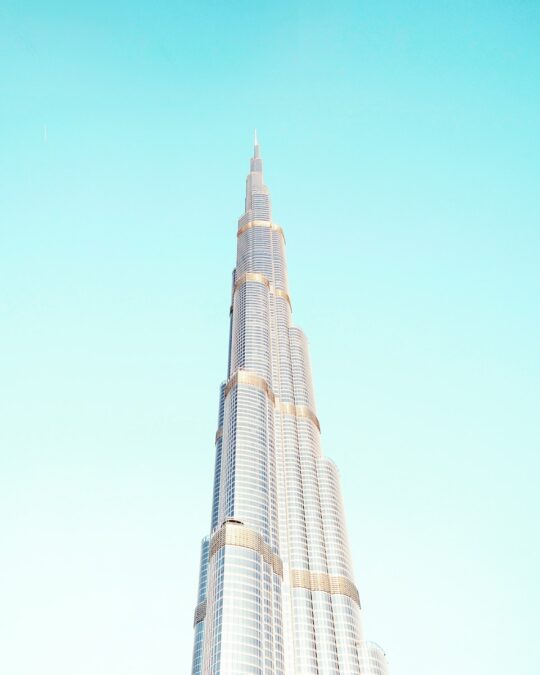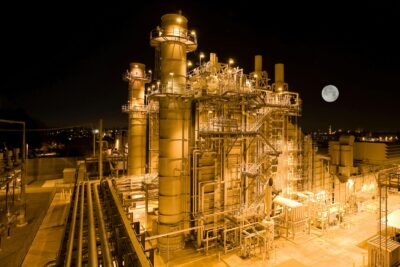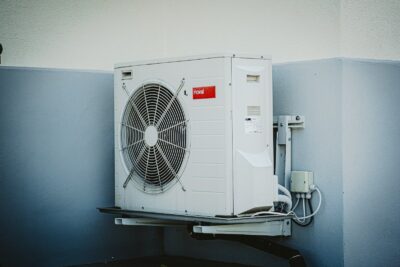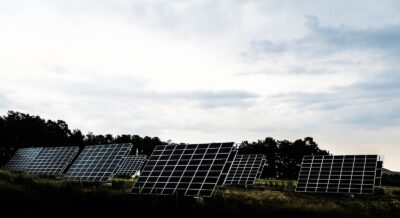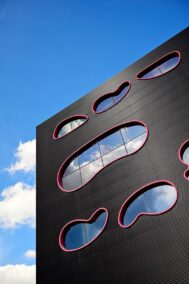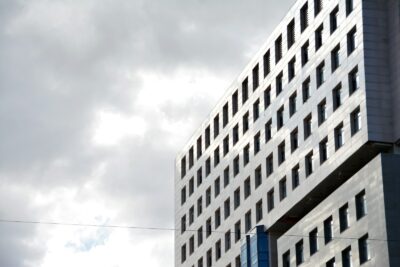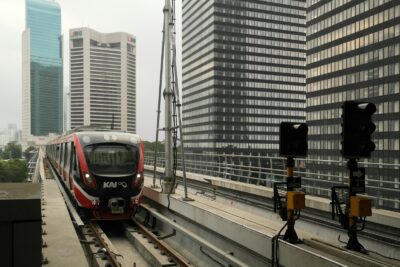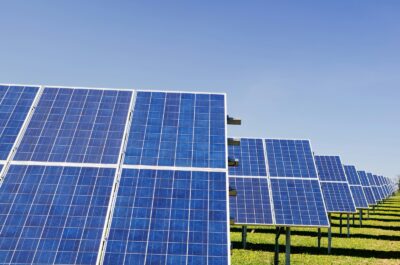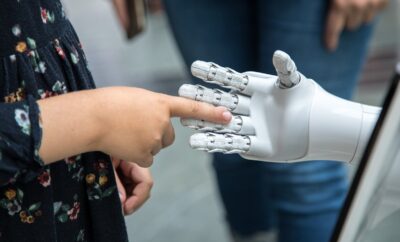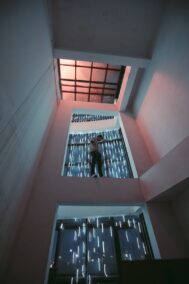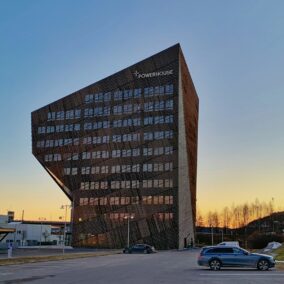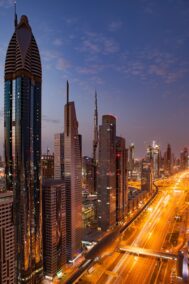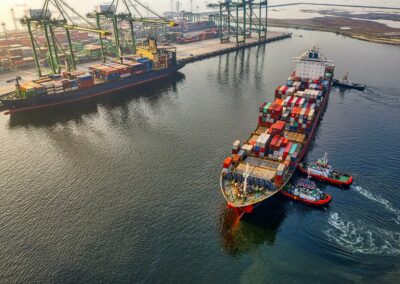Integrating Technological Advancements for Sustainable Construction
The Rise of Energy-efficient Building Designs
The advancement of energy-efficient building designs marks a significant step towards sustainable urban development. In countries like Saudi Arabia and the UAE, where rapid urbanization and population growth are prevalent, the need for innovative and sustainable building solutions has never been more critical. Energy-efficient building designs, which incorporate the latest technological advancements, offer a pathway to reduced energy consumption, lower operating costs, and a minimized environmental footprint.
In Saudi Arabia, cities like Riyadh are at the forefront of implementing energy-efficient building designs. The integration of smart technologies, such as automated lighting and climate control systems, enables buildings to adapt to their environment dynamically. These systems optimize energy usage by adjusting lighting and temperature settings based on occupancy and external weather conditions. Additionally, the use of high-performance insulation materials and energy-efficient windows further reduces the need for artificial heating and cooling, contributing to overall energy savings.
The UAE, particularly Dubai, is also embracing energy-efficient building designs as part of its vision for sustainable development. Dubai’s commitment to becoming a global leader in sustainability is evident in its ambitious green building initiatives. The city promotes the use of renewable energy sources, such as solar panels, in building designs. Moreover, advanced building management systems that utilize Artificial Intelligence (AI) and Internet of Things (IoT) technologies allow for real-time monitoring and optimization of energy consumption. These innovations not only enhance the energy efficiency of buildings but also improve the comfort and well-being of occupants.
Change Management: Facilitating the Transition to Sustainable Building Practices
Implementing energy-efficient building designs requires comprehensive change management strategies to overcome resistance and ensure successful adoption. Change management professionals play a vital role in guiding stakeholders through the transition process, addressing concerns, and promoting the benefits of sustainable building practices. By fostering a culture of innovation and collaboration, change management initiatives can drive the widespread adoption of energy-efficient building designs.
In Riyadh, change management efforts focus on raising awareness about the economic and environmental benefits of energy-efficient building designs. Through educational programs and stakeholder engagement, developers, architects, and property owners are encouraged to incorporate sustainable practices into their projects. Change management professionals provide the necessary tools and resources to support the implementation of energy-efficient technologies, ensuring that new buildings meet stringent energy performance standards.
Dubai, known for its rapid development and architectural innovation, faces unique challenges in adopting energy-efficient building designs. Change management strategies in Dubai emphasize the importance of aligning sustainability goals with economic growth. By demonstrating the long-term cost savings and competitive advantages of energy-efficient buildings, change management professionals can build a compelling case for investment in sustainable construction. Collaborative efforts between government agencies, private sector stakeholders, and international partners further enhance the city’s capacity to implement cutting-edge energy-efficient technologies.
Technological Advancements Driving Energy-efficient Building Designs
The integration of advanced technologies is a key driver of energy-efficient building designs. Innovations in AI, IoT, and renewable energy systems are transforming the way buildings are designed, constructed, and operated. These technologies enable buildings to achieve higher levels of energy efficiency, reduce operating costs, and minimize their environmental impact.
AI-powered building management systems are revolutionizing energy-efficient building designs in both Saudi Arabia and the UAE. These systems analyze data from various sensors and devices to optimize energy usage in real-time. For instance, AI algorithms can predict occupancy patterns and adjust lighting, heating, and cooling systems accordingly, ensuring that energy is used only when needed. This not only reduces energy consumption but also enhances the comfort and productivity of building occupants.
Blockchain technology is also making its mark on energy-efficient building designs. By providing a secure and transparent platform for energy transactions, blockchain enables buildings to participate in decentralized energy markets. In Dubai, blockchain-based solutions are being explored to facilitate peer-to-peer energy trading, where buildings with surplus renewable energy can sell it to neighboring properties. This promotes the efficient use of local energy resources and reduces the reliance on centralized power grids.
The use of renewable energy systems, such as solar panels and wind turbines, is another critical aspect of energy-efficient building designs. In Riyadh, the implementation of solar photovoltaic systems on rooftops and facades is gaining traction. These systems harness the abundant solar energy available in the region, providing a sustainable and cost-effective source of power for buildings. Additionally, advancements in energy storage technologies, such as battery systems, allow buildings to store excess energy generated during the day for use during peak demand periods.
Conclusion: The Future of Sustainable Urban Development
Energy-efficient building designs represent a crucial step towards sustainable urban development in Saudi Arabia and the UAE. By incorporating the latest technological advancements, these designs offer a pathway to reduced energy consumption, lower operating costs, and a minimized environmental footprint. The successful implementation of energy-efficient building designs requires comprehensive change management strategies, effective communication, and collaboration between stakeholders.
As cities like Riyadh and Dubai continue to grow and develop, the adoption of energy-efficient building designs will play a vital role in achieving their sustainability goals. By embracing innovation and investing in advanced technologies, these cities can lead the way towards a more sustainable and resilient future. The integration of AI, IoT, blockchain, and renewable energy systems will not only enhance the energy efficiency of buildings but also improve the quality of life for their residents.
Leadership and Management Skills in Driving Sustainable Practices
The transition to energy-efficient building designs requires strong leadership and effective management skills. Leaders in the construction and real estate industries must champion sustainable practices and inspire their teams to embrace innovation. By fostering a culture of continuous improvement and encouraging the adoption of advanced technologies, leaders can drive the successful implementation of energy-efficient building designs.
In Saudi Arabia, leadership training programs and executive coaching services are essential for developing the skills needed to manage sustainable building projects. These programs equip leaders with the knowledge and tools to navigate the complexities of sustainable construction, from regulatory compliance to stakeholder engagement. By investing in leadership development, Saudi Arabia can ensure that its construction industry is well-positioned to meet the demands of sustainable urban development.
Dubai’s commitment to becoming a global leader in sustainability is supported by its focus on developing leadership and management skills. The city offers a range of training programs and professional development opportunities for construction industry leaders. These initiatives emphasize the importance of effective communication, project management, and innovation in driving sustainable building practices. By empowering leaders with the skills they need to succeed, Dubai is paving the way for a more sustainable and prosperous future.
—
#energy-efficientbuildingdesigns #technologicaladvancements #SaudiArabia #UAE #Riyadh #Dubai #changemanagement #executivecoachingservices #effectivecommunication #businesssuccess #managementconsulting #ArtificialIntelligence #Blockchain #TheMetaverse #GenerativeAI #leadershipskills #projectmanagement

